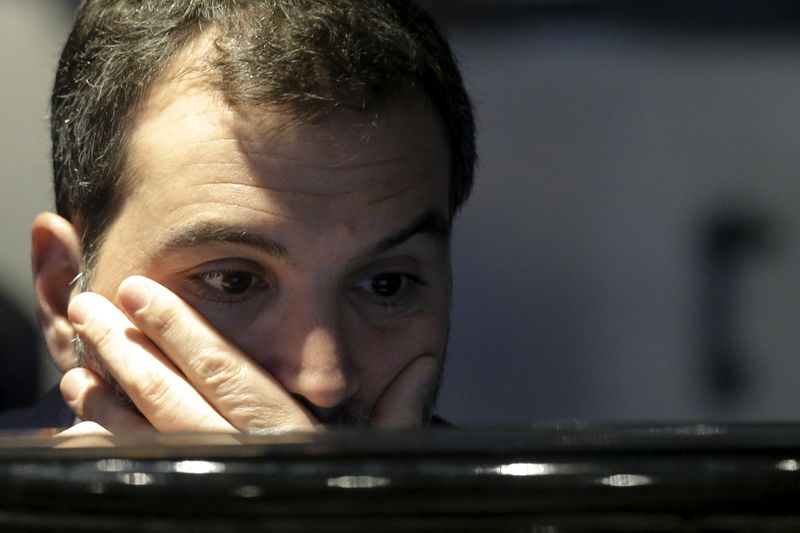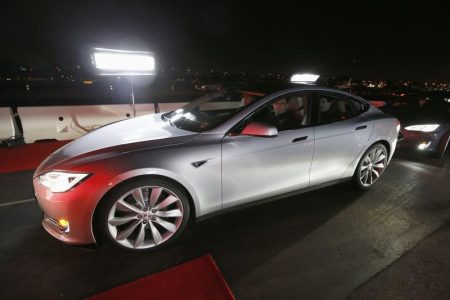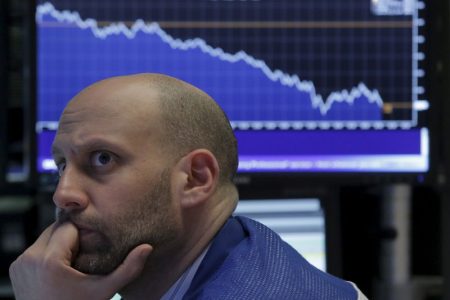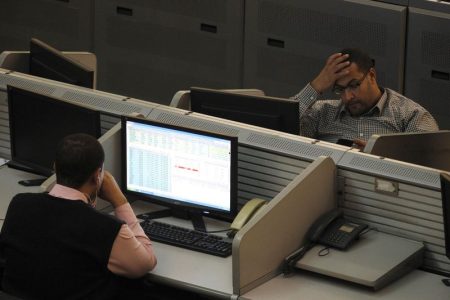© Reuters.
MOSCOW – Russian energy giant Gazprom (MCX:) is set to reduce its capital investments for the coming year, focusing on key projects amid financial and market challenges. The company announced plans to lower its investment budget for 2024 by 20%, allocating approximately 1.57 trillion roubles ($17.8 billion). This decision reflects the impact of reduced gas purchases from Europe following the Ukraine conflict that began in February and increased taxation.
Despite a significant reduction in gas production this year, Gazprom is concentrating its efforts on developing fields on the Yamal Peninsula and enhancing infrastructure, like the Sila Sibiri 1 pipeline, to support gas exports to China. The completion of the Amur Gas Processing Plant is imminent, a critical step for Gazprom to meet its delivery commitments to China National Petroleum Corporation of 38 billion cubic meters (Bcm) of gas annually by 2025.
The company’s cautious financial approach includes evaluating market conditions for potential loans and adopting a zero-deficit financial strategy. Gazprom is also considering judicious debt financing options as it deals with a substantial quarter cutback in production.
Earlier this week, Deputy Prime Minister Alexander Novak said that Gazprom’s gas deliveries to China are expected to remain steady at about 22 Bcm for the current year. Dmitry Kasatkin noted that while Gazprom might see minor revenue growth from increased gas production and sales next year, profitability may not improve compared to this year’s performance. The company could delay some early-phase strategic projects or seek financing from Russian state-controlled banks and other domestic sources if necessary.
Today, Gazprom revealed a significant profit downturn from last year’s Rbs2.5 trillion to just Rbs296 billion during the first half of this year, largely due to increased taxes aimed at boosting Kremlin’s budgetary funds. Lawmaker Pavel Zavalny has projected that the company could face potential losses exceeding Rbs1 trillion by 2025 due to ongoing economic pressures.
This article was generated with the support of AI and reviewed by an editor. For more information see our T&C.
Read the full article here















